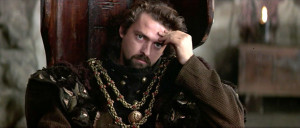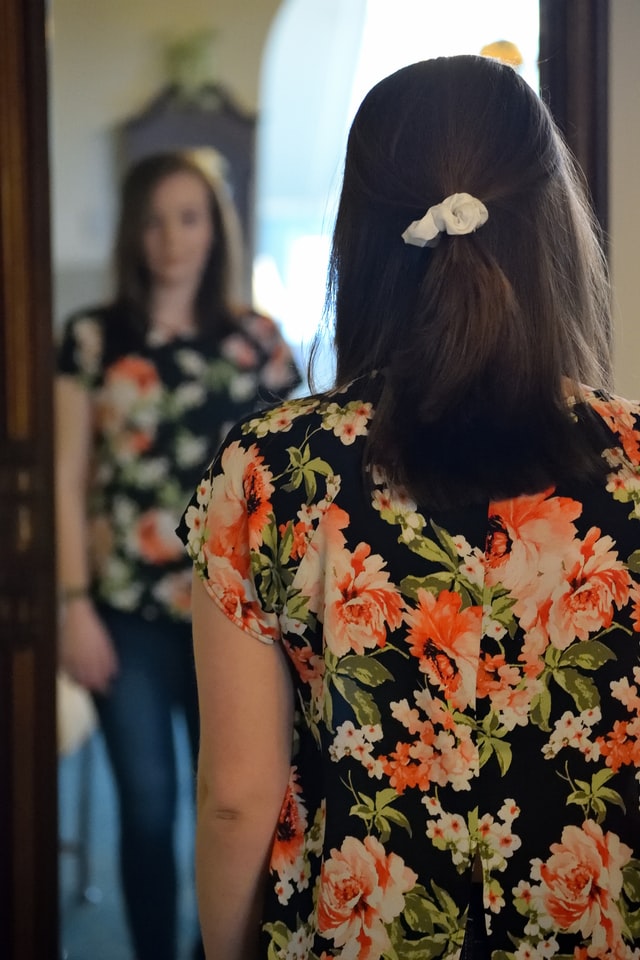7 “Selfies” for Brave-Hearted Leadership
I aspire to brave-hearted leadership, both courageous and emotionally connected. This hinges on whether I am asking: What will enhance my own image? or What is my role in a story larger than myself?

The questions played out through the historical relationship between Robert the Bruce and William Wallace, depicted in the movie Braveheart. Robert the Bruce’s leadership choices (until the end) stemmed from his need to hold on to power, whereas William Wallace gave his power away for the vision of a free Scotland.
It remains the central question for leaders today. Will we be self-centered leaders, or will we build something larger than ourselves?
We live, of course, in a selfie society. To lead a team to great accomplishments and purpose, the right kind of selfies are required.

Consider how each of these selfies actually leads us to think less about ourselves and more about something greater:
- Self-definition. Being a people-pleaser by nature, I’ve always been inclined to view myself differently or adjust my mood based on the reactions of others. I’ve realized, though, that firmly defining my identity and emotional boundaries apart from others increases my capacity for courage and caring. This solid sense of self develops by having a clear identity, intrinsic self-worth, and sustaining values and goals (ones that don’t come from other people validating you).
- Self-awareness. When I work with leaders to improve their effectiveness, 360-degree anonymous feedback invariably reveals blind spots. Leaders might have an abstract sense of how, for example, their short attention span or lack of emotional availability limits their effectiveness. But gaining specific understanding of how others are affected can lead to greater intentionality.
You might be thinking this contradicts my previous point—that you shouldn’t worry about what others think about you. The two are different, though. It’s important to care about the affect we have on others without allowing others to control how we feel about ourselves. - Self-sacrifice. My mind is filled every day with a checklist of tasks and desires intended to solidify my personal happiness. While some of these attempts to control the world around me lead to productive outcomes, many disconnect me from others and prevent me from living a life of greater meaning. Think of William Wallace in Braveheart being tortured on a public stage for his beliefs and bellowing, “Freeeeedom!!!” Surrendering your agenda, preferences, comfort and concern about public opinion leads to lives of greatness.
- Self-care. Sacrificing yourself for a greater cause does not mean martyring all of your needs for others. We have needs for physical and emotional well-being that make leadership sustainable. You need to take care of yourself to take care of others.
- Self-disclosure. Great leaders are vulnerable with their feelings. I recently heard a leader I respect cast a bold vision to a group of people. Following the bold vision, his voice grew quiet as he admitted to the people that he really wanted this vision to be realized, but he was scared it wasn’t possible. The ability of leaders to be seen and show up as they really are allows others to relate, connect and engage. Beyond that, it helps the leader honestly confront the contributing factors (or barriers) to progress.
- Self-discovery. Leaders that live for a bigger story have the courage to perpetually explore who they are, what they could become, and how they could grow. This requires brave curiosity about ourselves and a willingness to confront certain things we see, even if it’s hard.
- Self-confidence. Even as I write these posts every week, I still struggle with the self-confidence of whether what I’m saying resonates and adds any value. There’s a lot of talk these days about “imposter syndrome,” and I think it’s something almost all successful people struggle with. If you don’t, you’re probably not continually pushing yourself. But at the same time, brave-hearted leaders develop an inner trust in their own credibility to push forward.
What type of leader will you and I be? Will we be self-centered, manufacturing a small world in which we rule? Or will we lead for a story larger than ourselves through bravery and heart?









Comments are closed here.